This article brings the classic Chinese literature to the fingertips of global audiences.
This is an old Taoist parable from Zhuangzi, yet it still has a way of stirring modern hearts.
A troubled man once sought out a Taoist sage in search of the "ultimate way of life." As he arrived at the sage's door, the old master greeted him with an unexpected question:
"Why have you brought such a crowd of people with you?"
Startled, the man turned sharply – but no one was there.
"Do you still not understand (why you are troubled)?" the sage asked.
Conversational, allegorical, and letting doctrines tiptoe on mystical lines, this is how the Taoist thinker Zhuangzi spoke about the "Way" in the book that bears his name and has come down to us from two millennia ago.
As for Zhuangzi himself, history sketches with a far drier brush.
Zhuangzi's personal name is Zhuang Zhou, according to the great Han historian Sima Qian (145-87 BC), with "zi" being an honorific for a learned man. He hailed from a place called Meng, somewhere in what is now Henan province in central China.
Sima Qian places Zhuang Zhou in the fourth century BC, about 150 years after Confucius, during the tumultuous Warring States Period. This was a time when bloodshed was routine, political power was fractured, and rival philosophies vied to influence the ruling elite.
Before wandering the cosmos in thought as Zhuangzi, Zhuang Zhou is said to have supervised a lacquerware workshop. It was a modest role at an age when manual craftsmanship was scorned by the nobility. Working alongside artisans, Zhuang Zhou would have been intimately acquainted with the hardships of ordinary life.
Instead, Zhuangzi taught that true freedom belongs to those who have "become one with nature." In modern terms: accept whatever fate has in store and row with the current. Suffering exists only when we choose to label it as such. The very act of labeling veers us away from the course of "nature," ensuring we feel the pain it brings.
Zhuangzi illustrates how to attune oneself with nature in one of the most thought-provoking parables in Chinese history of philosophy.
He once plunged into a dream where he turned into a butterfly. In the twilight realm between slumber and waking, he can no longer be sure whether he was the man dreaming of the butterfly or the butterfly dreaming of the man.
The dream led Zhuangzi to an epiphany: all things are in perpetual flux. The current of transition wears away the boundaries between self and other, blurs the contours of identity, and dissolves the values at the heart of Confucian thought. Benevolence, righteousness, and the rites meant to embody and reinforce them in people's lives are reduced to stains upon the untouched fabric of the original mind. To let go of such distinctions and identifications is to move in harmony with the great cycle of nature.
This was precisely what the sage sought to impress upon the lost man in the parable that began this article. The invisible "crowd of people" the old master spoke of was baggage made up of old ideas that divided right from wrong, good from bad. Such notions had drained the visiting man's spirit yet left him no wiser.
Through the sage's voice, Zhuangzi does not advocate anarchy but the state of "wuwei," or "inaction." This is not inertia, but the shedding of imposed purposes, living only in step with the spontaneous rhythm of nature.
It's probably no surprise that a philosophy calling for "inaction" was drowned in the deafening hail of killing throughout the Warring States Period. The Qin Dynasty (221-207 BC) ended the Period's fragmentation but not the brutality. An orderly unification was only restored in China after the establishment of the Han empire (202 BC-AD220).
In the Han's early years, Zhuangzi's ideas, alongside the teachings of the other Taoist sage Laozi, gained a measure of acceptance. The first Han emperors saw in the wisdom of "inaction" a policy of leaving the subjects alone to recover. As the empire gained its strength, however, Zhuangzi and Laozi's thoughts were soon overshadowed by the ascendant Confucian school at court.
From then on, Zhuangzi's influence endured largely within the Taoist religion, while his distinctive worldview continued to nourish solitary seekers. For millennia, Chinese artists have drawn inspiration from the timeless currents of his writing.
As Chinese society and businesses grapple with "neijuan" culture – a frenzied, self-perpetuating competition that yields little real gain – many find themselves in the position of Zhuangzi's "troubled man." For them, Zhuangzi's principle of wuwei offers a counterbalance. They choose to slow down, step back from the narrow focus of daily routines, and let go of pursuits that, when weighed against the scale of life and death, reveal no lasting meaning. It is Zhuangzi's teaching in action in 21st-century China: turning inward, shedding burdens and beginning anew.





















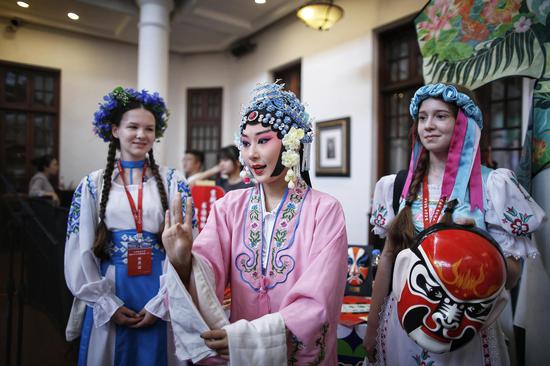

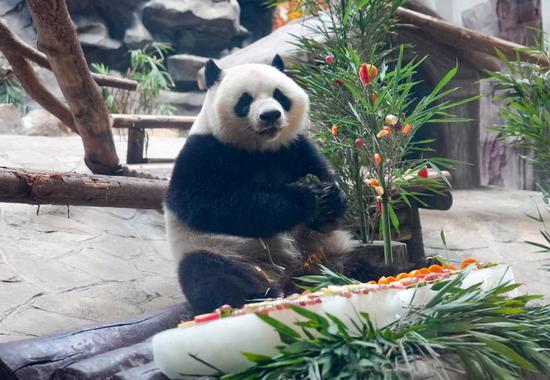
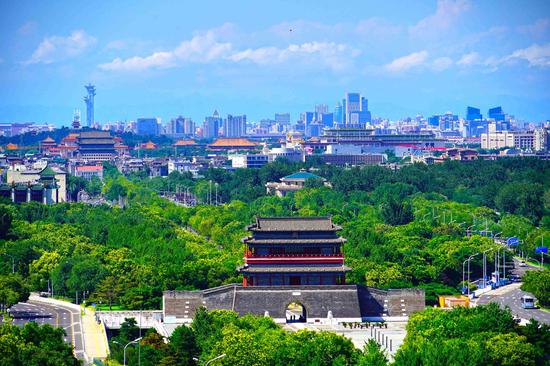





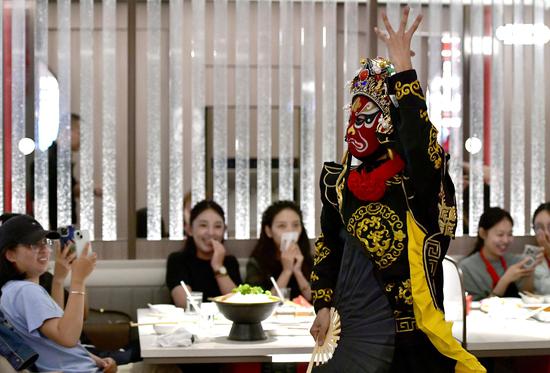


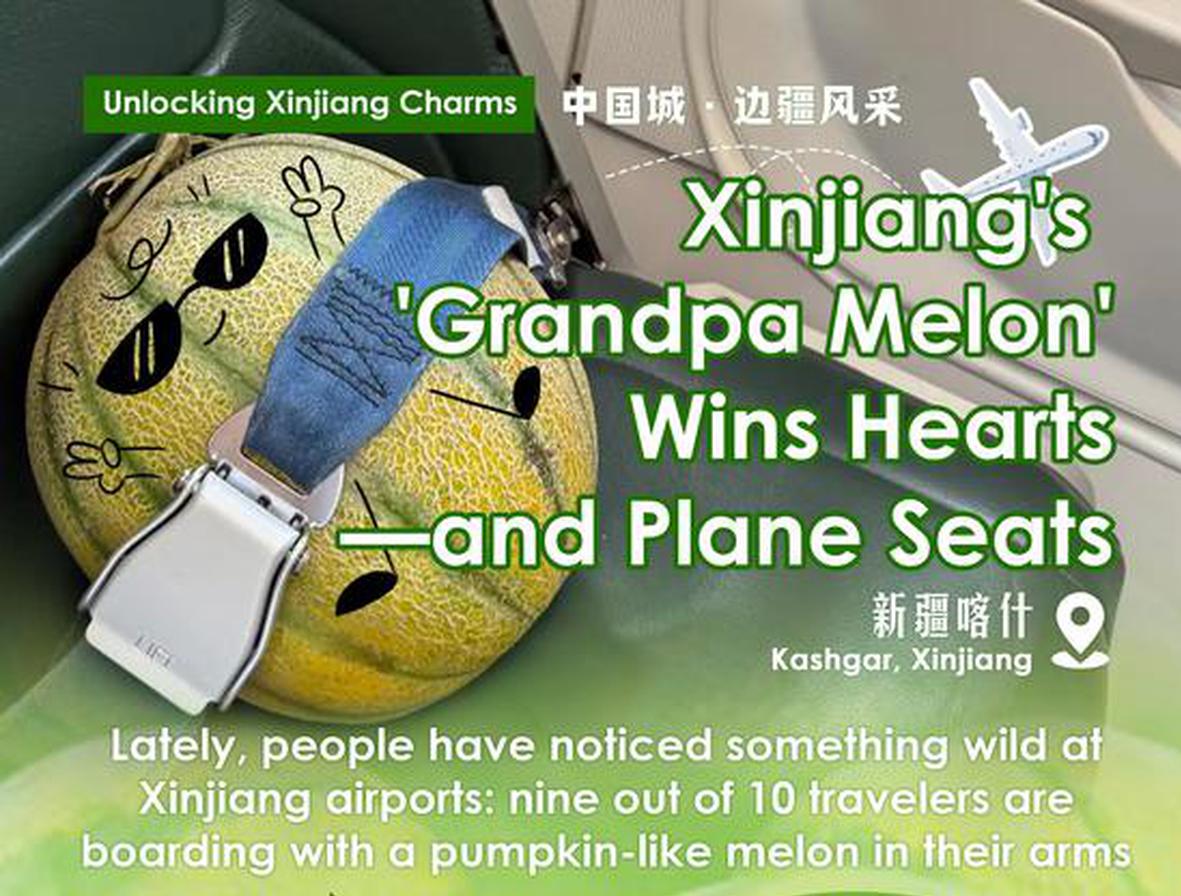

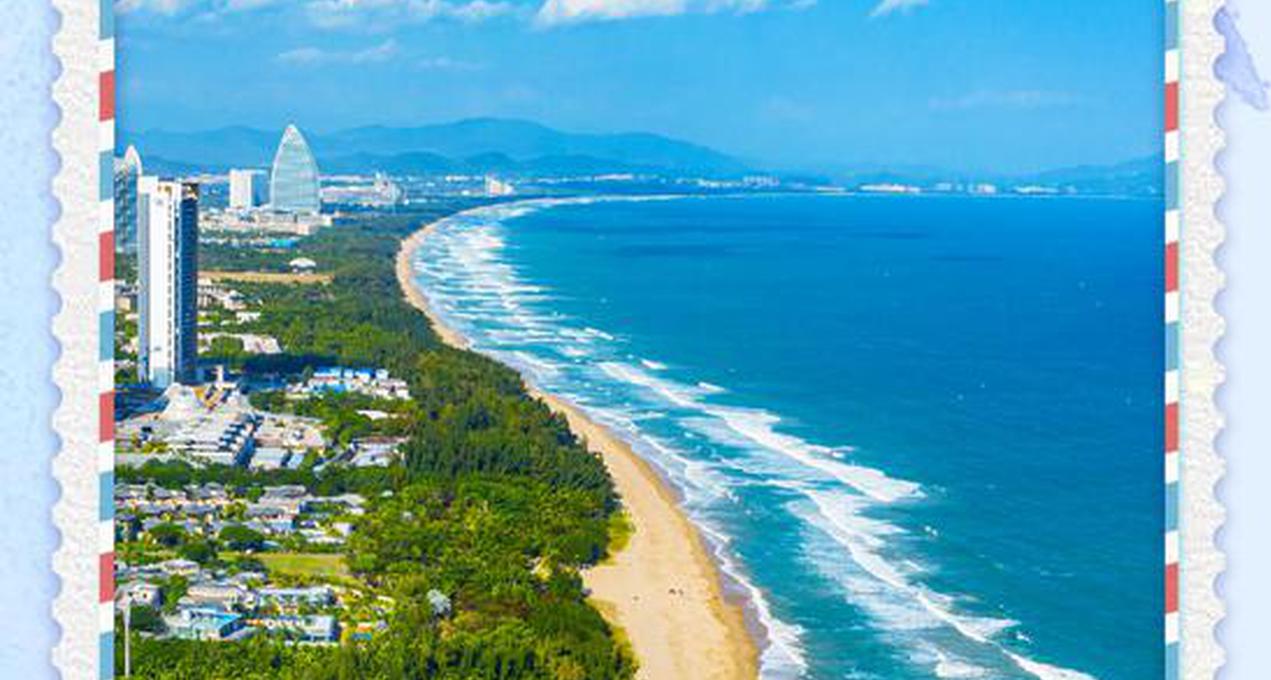


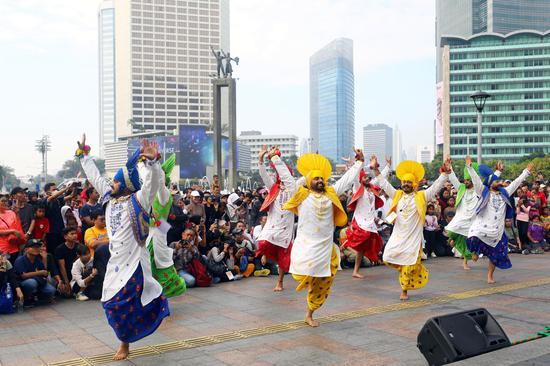




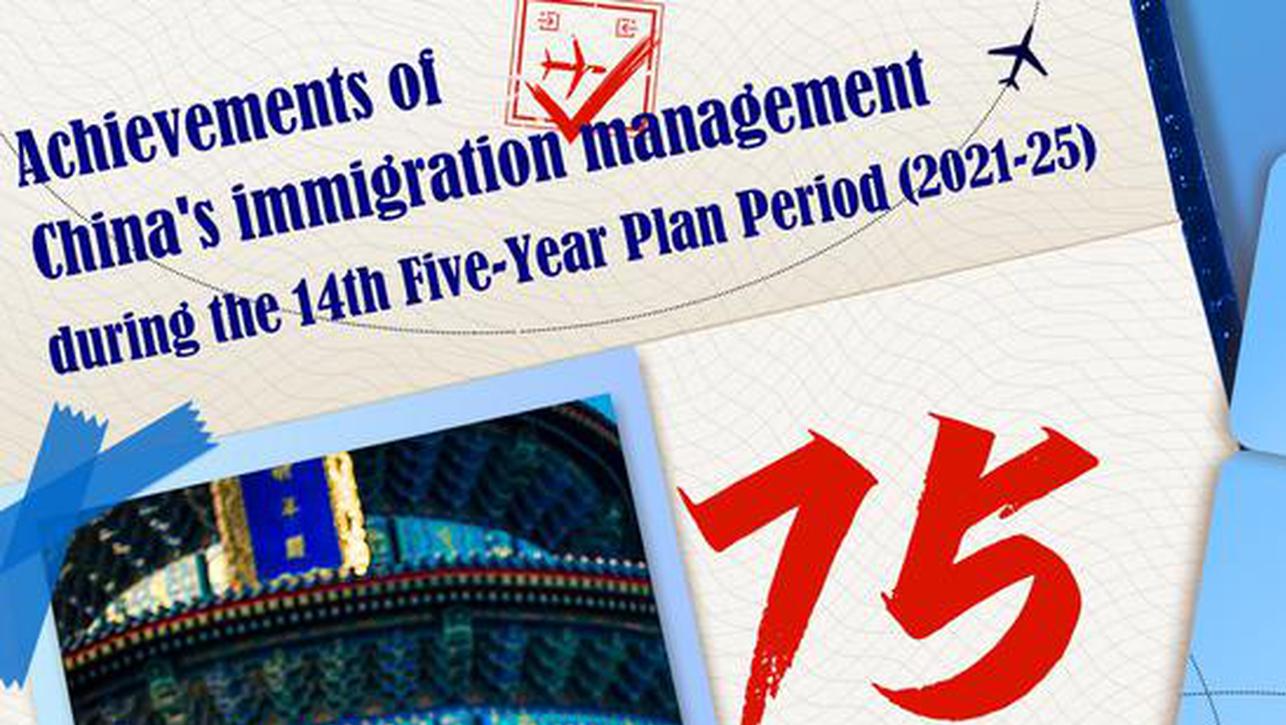


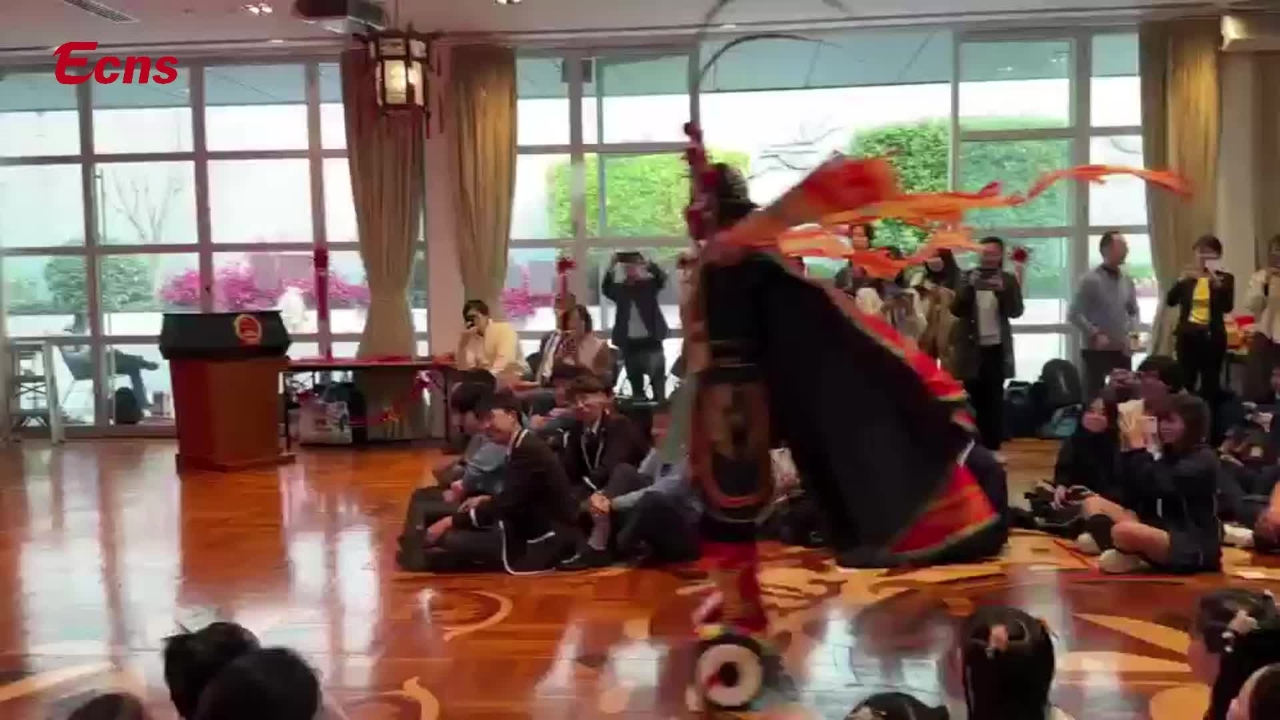



 京公网安备 11010202009201号
京公网安备 11010202009201号